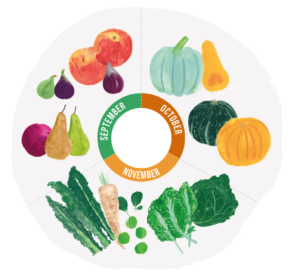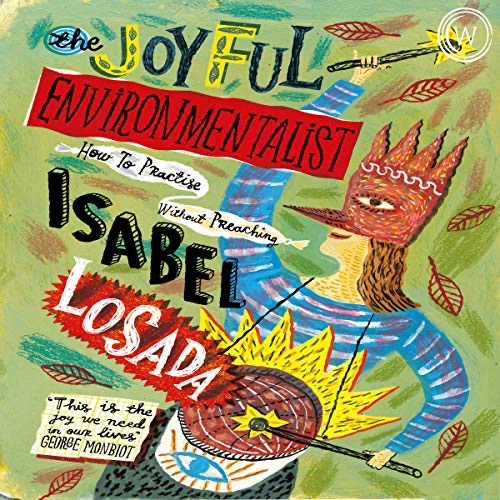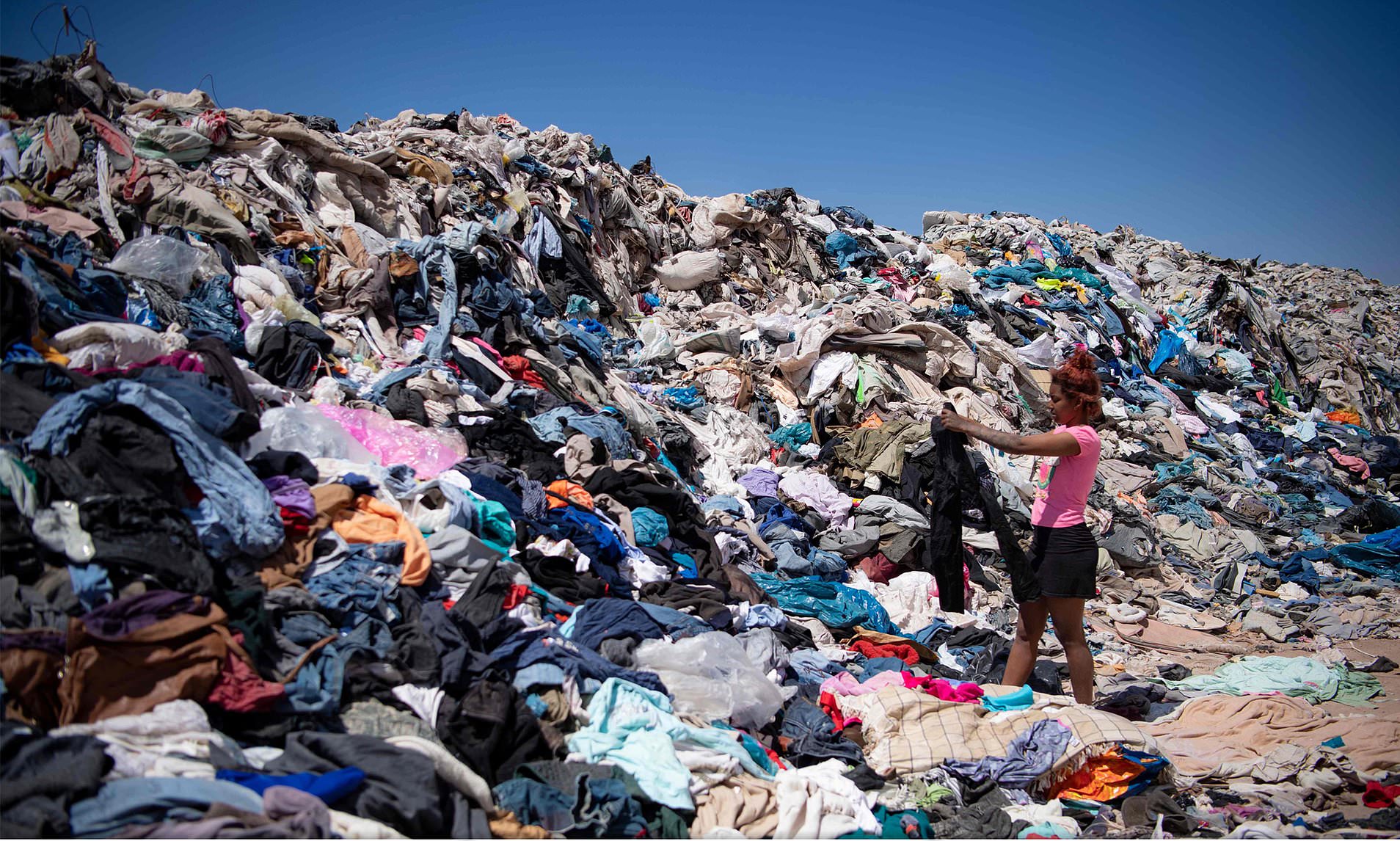
Over this past year, we experienced the hottest temperatures the UK has ever seen. Many young or vulnerable people really struggled to cope in the heat and hospital admissions rose. Pollution levels in cities are also astronomically high, and studies have suggested that this can affect the development of children and increase the risk to those who suffer from Asthma. It’s becoming more and more common to see reservoirs much lower than intended, due to rising global temperatures. We are all beginning to experience how global warming can impact our own health and well being. The younger generation are often seen as the most aware and most concerned about climate change. We are going to be living in this world longer than older generations. We know things need to change; we want things to change, but how can young people make a difference?
Climate activists are quick to emphasise the importance of making individual lifestyle changes to create a positive environmental impact. Yet, often advice, like buying an electric car, requires money, paperwork and comes with age limitations- you can’t buy an electric car if you can’t even drive it! The same applies to energy resources: as we are currently suffering one of the worst economic crises in history, sustainable energy can’t necessarily be everyone’s priority when they are desperate to keep their family warm.
With that in mind though, here are some easier and more accessible ways to become more eco-friendly.
Food
Food is something that is relevant to everyone. We all need it and perhaps we don’t always think about it that much. But the choices we make about food are really important.
If you can, eat seasonally. There are plenty of fresh berries from the UK during summertime, but during the winter, they are imported from countries much further away. Food miles increase pollution and contributes to global warming.
Keep an eye out for the labels detailing where your produce is from the next time you shop and, if you’re still craving berries or other unseasonal fruit, buy frozen variations. These are cheaper and have less of an environmental impact. You can also find charts online to show seasonal fruit and veg.

Try to collect compost/ food waste and don’t just throw it away. It can be harder if your area doesn’t collect food waste, but decreasing the amount of food you are throwing into the bin, even if that food isn’t seasonal, at least returns it to a small or large-scale compost to be broken down, instead of sent to landfill. This reduces the amount of methane produced at landfill, which also contributes towards global warming.
Plastic- free packaging around food, in particular fruit and veg, isn’t always available- choose the non-packaged option as much as you can.

Clothes
Buying new clothes is not only expensive, it costs the planet too. From the water used to pollution caused by the chemicals used and the energy used to produce it, making clothes has a big impact on the environment. Avoiding fast fashion trends which encourage you to constantly buy new clothes is important. But we all like something new to wear, so how can we do this without affecting the environment?
A popular website to buy and sell from is Vinted https://www.vinted.co.uk Create an account and sell any excess clothes and buy second-hand clothing and shoes for cheaper amounts. You can make money, get fantastic new clothes and know that you are helping the planet.
It is possible to securely message those you are buying or selling from/to via the app or website and to view the condition of the objects before paying for them- refunds are available if you are unhappy on arrival.
Regardless, the website is a great way to make a bit of money and get into the habit of recycling clothes and shoes.
Other websites with similar premises but less focus on environmental benefits are Poshmark https://poshmark.com and depop https://www.depop.com. If needed, check with your parents before starting a profile and selling your clothes on any of these websites!
To check how bad a brand’s environmental and ethical situation is, there is a website called the Ethical Comsumer https://www.ethicalconsumer.org where you can search over 40000 different brands including food, clothing and beauty in concise articles. Though it’s not always easier,
using more brands that promote sustainability and treat their employees fairly sets a good precedent for others to follow.
Re-useable items
One of the easiest changes we can make is using metal or re-useable water bottles instead of plastic, single-use ones. Not only are they better for the planet, they are also higher quality and can store many drinks at different temperatures.
We all love a Starbucks (or if not, a Costa)! Next time you go, bring your own coffee or plastic cup to hold your drink of choice; these can be the company’s or just something from home. Every time you bring your own cup, you also get a 25p discount, which will add up over time, especially if you like to visit Starbucks a lot!

Finally, most people are aware of single-use plastic, but often forget to consider single-use wood, like cutlery. Wherever possible, bring your own cutlery and try not to use the wooden options provided in shops such as Prêt À Manger. As well as saving the trees that are the planet’s lungs, it is arguably more hygienic as well!

Some of these ideas and many more are included in Isabel Losada’s book, The Joyful Environmentalist: How to Practice Without Preaching, https://www.waterstones.com/book/the-joyful-environmentalist/isabel-losada/9781786784704 which presents simple solutions to environmental issues. It can be bought from Waterstones or Amazon as well as second-hand book stores!
You could also try out the Climate Worrier by Colm O’Regan or 365 Ways to Save the Planet by Nergiz de Baere:
https://www.waterstones.com/book/climate-worrier/colm-oregan/9780008534875
https://www.waterstones.com/book/365-ways-to-save-the-planet/nergiz-de-baere/9781529397413.
Personally, I would recommend trying to bring along your own cutlery and cups and to set up a Vinted profile (or an equivalent) to sell some old clothes- lots of my friends and I have done this with unwanted clothing to make small amonts of money and get some great deals. Frozen berries work well in smoothies and reduce packaging.
Any small changes can make a difference in improving your environmental awareness and helping prolong climate change. It isn’t hard to do. It doesn’t cost a lot, in fact some of these ideas could really save you money, but it means you are making choices that reduce climate change and protect your world. 2023 could be the start of making a more positive future now you know how.


By Lucy Johnstone 10C